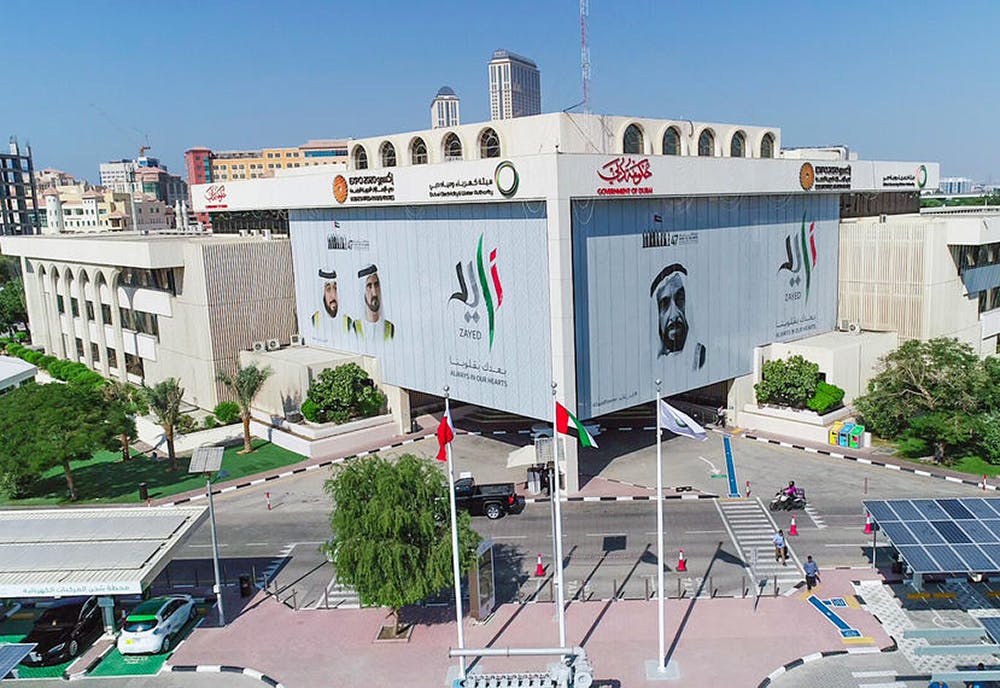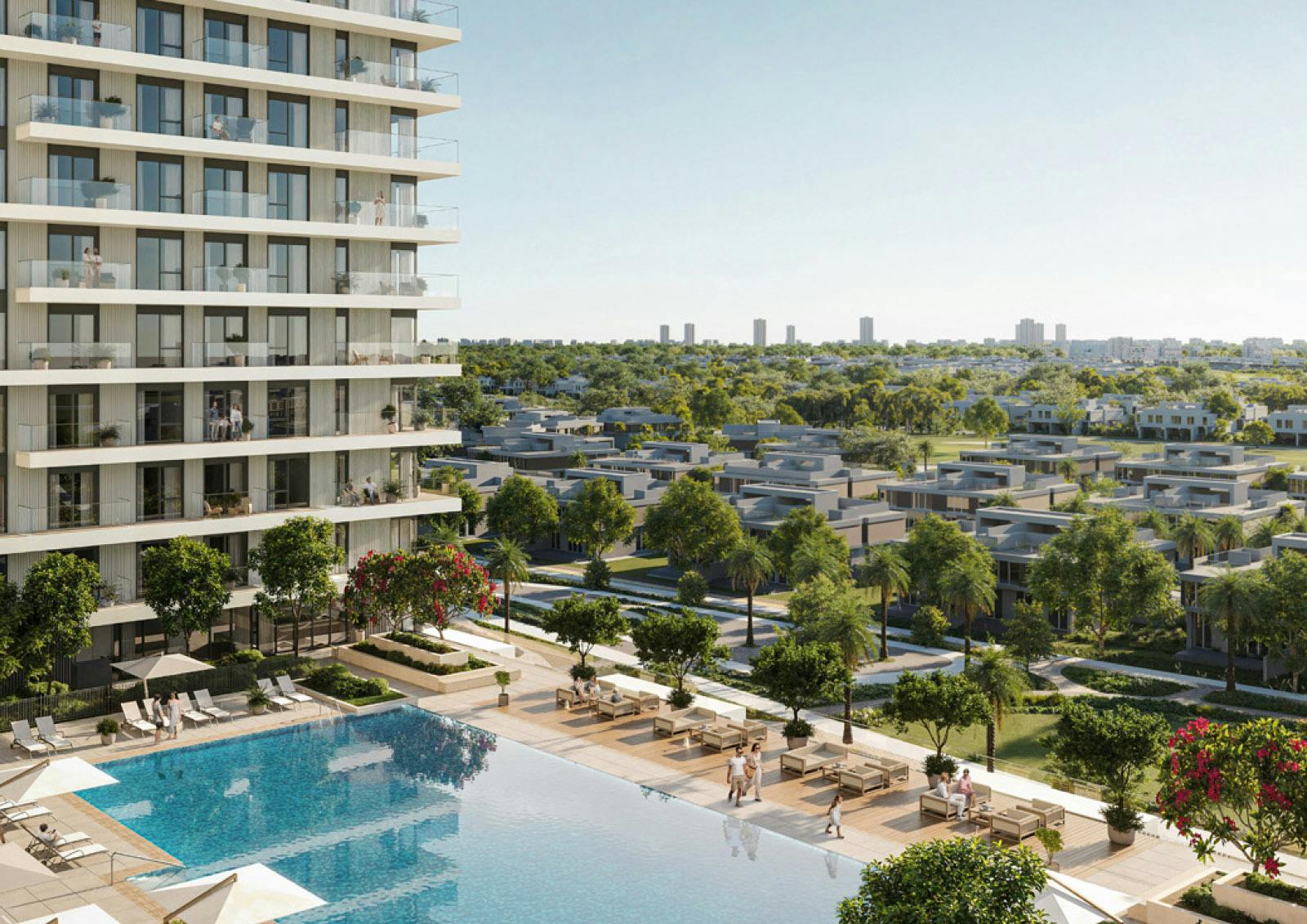
Dubai vs. Abu Dhabi: Which City Offers Better Off-Plan Investment Opportunities?
Aug 5, 2025
3 minutes read
The UAE is globally recognized as a top destination for real estate investment, particularly in the off-plan property segment. Dubai and Abu Dhabi, the two powerhouse cities, continue to attract investors worldwide. However, when it comes to off-plan property investments, which city truly offers the best opportunities? This blog takes a deep dive into comparing Dubai and Abu Dhabi across various factors including ROI, infrastructure, legal framework, market trends, and investor sentiment to help you make an informed decision.
1. Market Overview: Dubai vs. Abu Dhabi
Dubai has long held the crown as the UAE's most active real estate market. Its dynamic skyline, global connectivity, and business-friendly environment make it a magnet for investors. Abu Dhabi, on the other hand, has taken a more conservative approach but has shown consistent growth, especially in recent years with major government-backed developments and urban expansion.
Dubai:
- Home to over 3 million residents and a larger expatriate population
- Offers a highly diversified real estate portfolio
- Higher transaction volumes and liquidity
Abu Dhabi:
- Capital city with stronger ties to government regulations and institutions
- Lower population density, but increasing expat interest
Traditionally stable and less volatile

2. Return on Investment (ROI)
Dubai generally offers higher ROI for off-plan properties, primarily due to its faster pace of development and strong rental demand. According to 2025 data:
- Average ROI in Dubai: 6% to 9%
- Average ROI in Abu Dhabi: 4% to 6%
While Abu Dhabi offers more stability, Dubai presents greater upside potential for short- to medium-term investors.
3. Off-Plan Project Variety and Availability
Dubai has a broader range of off-plan projects. From luxury high-rises in Downtown Dubai and Dubai Marina to affordable communities in Dubai South and JVC, investors have abundant choices.
Abu Dhabi has fewer but highly curated off-plan projects, often located in areas like Yas Island, Al Reem Island, and Saadiyat Island. These are usually backed by large developers with a focus on sustainable and long-term development.
4. Price Trends and Entry Points
Dubai's off-plan market is known for competitive pricing, especially in emerging areas. Investors can find properties starting as low as AED 500,000 with post-handover payment plans.
In contrast, Abu Dhabi’s off-plan market has a slightly higher entry barrier, with fewer sub-AED 600,000 offerings. However, this also reflects the capital's more stable and premium-focused market.

5. Government Initiatives and Investor Incentives
Dubai:
- Long-term visas for property investors
- No property taxes or capital gains tax
- Strong infrastructure development around Expo City and Al Maktoum Airport
Abu Dhabi:
- Freehold property rights extended to foreigners in designated zones
- Introduction of Golden Visa scheme for real estate investors
- Emphasis on smart cities and sustainability (e.g., Masdar City)
Both cities are investor-friendly, but Dubai’s aggressive incentive programs often make it more attractive for foreign buyers.
6. Infrastructure and Connectivity
Dubai:
- Two major airports, including the expanding Al Maktoum International
- Highly developed public transport (metro, trams, buses)
- World-class amenities, business hubs, and entertainment districts
Abu Dhabi:
- One major international airport
- Focused urban development in specific zones
- Less traffic congestion and more relaxed urban planning
7. Rental Yield & Occupancy Rates
Dubai’s larger population and transient workforce contribute to higher rental yields, especially in mid-tier and affordable housing segments. The city maintains strong occupancy rates in prime locations.
Abu Dhabi tends to attract long-term residents and government employees, leading to more stable but slightly lower yields.

8. Resale Potential and Market Liquidity
Dubai’s off-plan resale market is highly active. Many investors buy with the intention to flip before completion, supported by favorable payment structures and high demand.
Abu Dhabi’s market is more end-user focused, making it less liquid but more resilient during downturns.
9. Legal Protections and Buyer Confidence
Both cities have made strides in protecting buyers through escrow laws, RERA regulations (Dubai), and project registration requirements.
Dubai has a more mature and transparent legal infrastructure, with well-established dispute resolution mechanisms. Abu Dhabi, while improving, still has some catching up to do in terms of regulatory efficiency.
10. Developer Landscape and Trust Factor
Dubai:
- Wide range of developers, from mega-corporations to boutique firms
- Competitive environment often leads to innovative offers
Abu Dhabi:
- Fewer, but largely government-linked developers
- Projects are often perceived as more premium and long-term focused
Conclusion: Which City Wins?
Dubai is ideal for:
- Investors seeking high ROI and capital appreciation
- Buyers looking for variety in budget and location
- Short- to medium-term flipping strategies
- Global investors wanting fast-tracked visas and flexible payment plans
Abu Dhabi is ideal for:
- Investors looking for long-term stability
- Buyers preferring high-quality developments in serene environments
- End-users and families focused on lifestyle and sustainability
Ultimately, the best city depends on your investment goals. If you're a high-risk, high-reward investor, Dubai offers unparalleled opportunities. If you're more conservative and value long-term growth and stability, Abu Dhabi is a strong contender.
1. Which city has better rental returns for off-plan properties?
Dubai generally offers better rental yields, especially in areas like JVC, Dubai Marina, and Business Bay.
2. Is it easier to get a Golden Visa through property investment in Dubai or Abu Dhabi?
Both cities offer Golden Visas, but Dubai’s application process is often faster and better streamlined.
3. Can foreigners buy off-plan properties in both cities?
Yes, both Dubai and Abu Dhabi allow foreign ownership in designated freehold zones.
4. Which city offers more affordable off-plan options?
Dubai offers a wider range of budget-friendly options compared to Abu Dhabi.
5. Is off-plan property flipping more feasible in Dubai or Abu Dhabi?
Dubai’s higher liquidity and investor activity make it a better market for flipping off-plan properties before completion.




